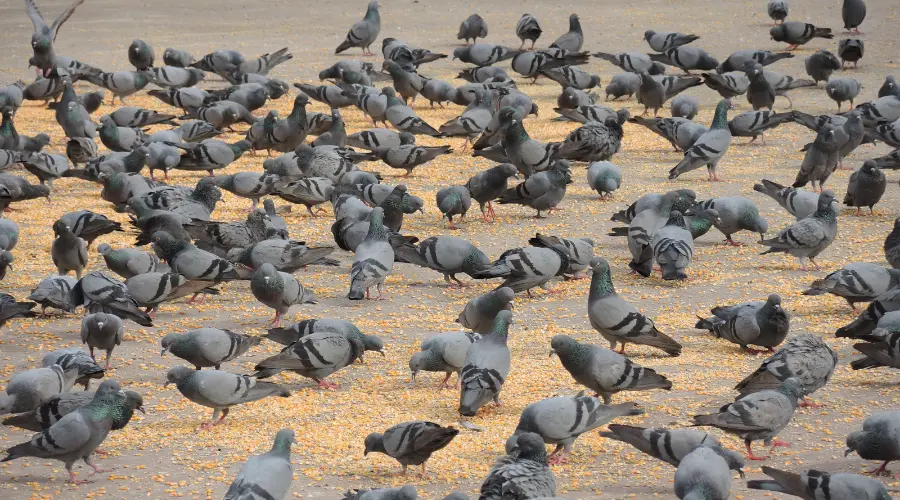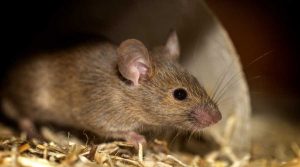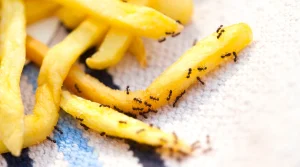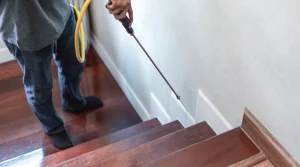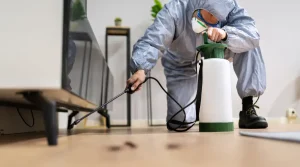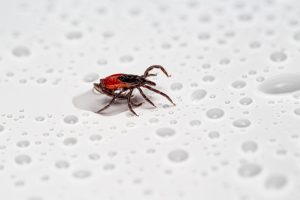property damage, and unsightly messes. Managing pigeon populations requires proactive, humane, and effective measures to safeguard your environment and health.Pigeons may seem harmless, but their unchecked presence can lead to health hazards,
Key Takeaway:
- Pigeons reproduce rapidly, often creating long-term colonies.
- Their presence poses health risks, property damage, and hygiene concerns.
- Effective control methods include humane exclusion techniques, eliminating access to food and water, and regular maintenance plans.
- Professional services ensure tailored solutions to address pigeon infestations safely and efficiently.
Understanding Pigeon Behavior and Habits
Mating and Reproduction
Pigeons are monogamous birds, forming lifelong bonds with their mates. During mating seasons—typically in spring and fall—they produce one or two eggs per clutch, hatching within 18 days. Both parents regurgitate food, forming “pigeon milk” to nourish their young. This rapid reproductive cycle can lead to a significant population increase if left unchecked.
Feeding and Roosting
Pigeons are opportunistic feeders, thriving on grains and discarded human food. Urban settings offer ample roosting spots—steeples, building ledges, and bridges—making them a preferred habitat for these adaptable birds. They often raise their young in secluded spaces like building cavities, ensuring their populations persist near human activity.
Why Pigeon Control Is Essential
Health Risks
Pigeons are carriers of diseases such as:
- Cryptococcosis: A fungal infection that can cause severe respiratory issues.
- Toxoplasmosis and Salmonella: Spread through droppings, leading to foodborne illnesses.
- Histoplasmosis: Fungal spores in droppings that can affect the lungs.
Their nests and droppings can harbor parasites like fleas, mites, lice, and ticks, further endangering human health.
Property Damage
Pigeon droppings are highly acidic, accelerating the decay of building materials and monuments. This damage can be costly, especially for historic or decorative structures. Nests also clog gutters, causing water damage and additional structural concerns.
Humane Methods for Pigeon Control
Exclusion Techniques
The cornerstone of pigeon control involves making nesting and roosting areas unattractive. Techniques include:
- Sloped Resting Areas: Prevents pigeons from comfortably perching.
- Landing-Prevention Devices: Includes spikes, nets, and wires.
- Void Access Restriction: Sealing gaps to eliminate nesting opportunities.
Behavioral Deterrents
While scare tactics (balloons, plastic birds, or snakes) provide temporary relief, they are rarely effective for long-term control. Regular application of exclusion measures yields better results.
Food and Water Management
Removing access to food and water is critical. Property owners should:
- Avoid leaving food scraps or open trash.
- Ensure water sources, like fountains or puddles, are inaccessible.
- Prohibit public feeding, as this encourages pigeon populations to linger.
Professional Solutions for Pigeon Infestations
Inspection and Customized Plans
Professional pest control companies, like Poway Pest Control, offer tailored solutions to assess and address pigeon infestations. Experts evaluate the scale of the problem and recommend strategies suited to the property and budget.
Cleaning and Restoration
Pigeon droppings and nests can leave unsightly stains and structural damage. Cleaning services not only restore the area but also remove pathogens and parasites.
Maintenance Programs
Ongoing maintenance, conducted every 2–3 months, ensures effective long-term pigeon management. This proactive approach prevents re-infestation, saving costs and effort in the future.
FAQs on Pigeon Control
Why are pigeons attracted to urban areas?
Urban environments offer abundant food, water, and roosting opportunities, making them ideal for pigeons. Accessible trash, building ledges, and human feeding practices encourage their presence.
Are scare devices effective in deterring pigeons?
Scare devices like plastic birds or snakes may work temporarily but are not reliable long-term solutions. Pigeons quickly adapt to these measures. Professional exclusion methods are more effective.
What diseases can pigeons spread?
Pigeons can transmit cryptococcosis, toxoplasmosis, salmonella, and histoplasmosis. Their droppings and nests can also harbor parasites like mites and fleas.
Is it legal to feed pigeons in public spaces?
In many areas, feeding pigeons is prohibited as it encourages population growth and associated problems like disease spread and property damage. Always check local regulations.
How do professionals remove pigeons humanely?
Experts use exclusion techniques, such as sealing entry points and installing deterrent devices, to make areas unattractive for pigeons. These humane methods prioritize relocation over harm.
How often should I schedule pigeon control maintenance?
A maintenance plan every 2–3 months is recommended to prevent re-infestation. Frequency may vary based on location and the severity of the problem.
Can pigeons damage roofs or buildings?
Yes, pigeon droppings are acidic and can erode metal, concrete, and stone. Their nests can also block drainage systems, leading to water damage.
What should I do if I notice a pigeon infestation?
Contact a professional pest control service immediately. Avoid removing nests or droppings, which may expose you to harmful pathogens.
Are pigeon control methods safe for other wildlife?
Humane methods like exclusion devices are designed to target pigeons specifically, minimizing harm to other animals. Professionals ensure compliance with wildlife protection laws.
Can I handle pigeon control on my own?
DIY methods may provide temporary relief but are rarely effective long-term. Professional services offer comprehensive solutions tailored to specific infestations.
Final Thoughts
Controlling pigeon populations is vital for maintaining a healthy, clean, and damage-free environment. Humane exclusion methods, combined with professional expertise, ensure effective results. Proactive measures like regular maintenance and eliminating food sources can protect your property from these persistent pests. For tailored pigeon control solutions, contact Poway Pest Control today.

